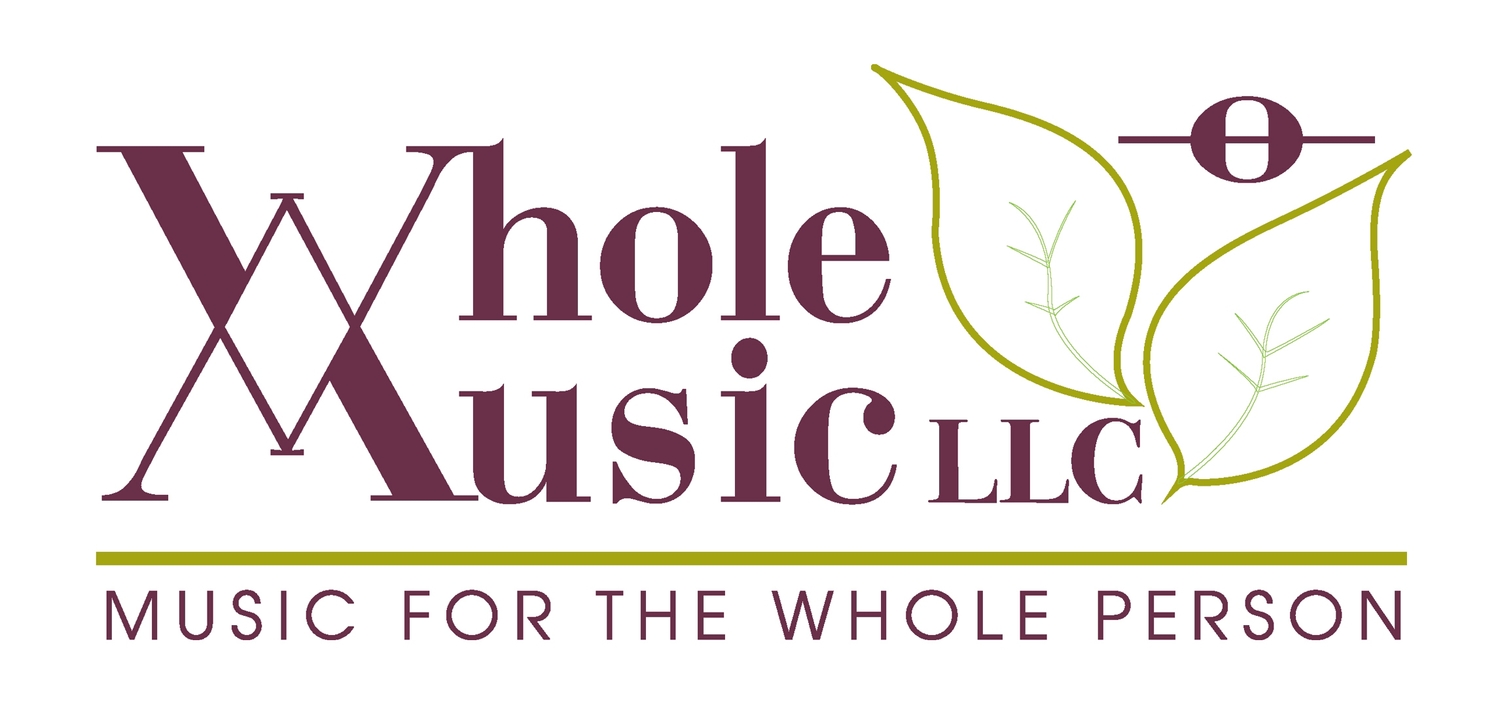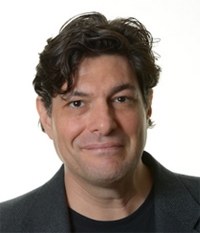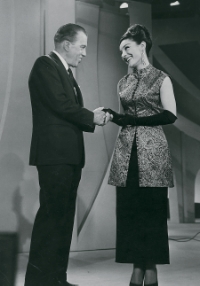Isaac Raz | Founder & President
About Isaac Raz's Philosophy & Background
Whole Music’s Founder and President Isaac Raz is driven with the idea of teaching music in a holistic way, by adhering to the principle that musical practice is essential for the well being of the whole person. The goal is make music more accessible to the individual, and to broaden public awareness and appeal.
It was from that basic vision that Whole Music LLC was founded to provide a platform to break some boundaries and conventional wisdoms, and to bring a philosophy and methodology engaging each student with a unique mix of activities to make the practice relevant to that individual.
We believe that teaching, performing, and composing, are all integrated. When one performs it can be said one is “teaching” the audience, when one composes it can be said one is “teaching” the musicians, and the musical community at large.
Background
Isaac was born in New York City, and grew up around music. His mother is herself a music teacher and a renowned vocalist performing on Broadway and around the world.
As a young child, Isaac initially learned piano in the Suzuki method, commencing serious study at the age of 8. At about 14, he was exposed to improvisational Jazz and was hooked on music as a profession. Since then Isaac has pursued a path encompassing a broad range of musical genres and styles.
After graduating from Berklee College of Music, Isaac returned to New York where he became active in performing, arranging, and production, working with Jazz and Pop greats, and composing the score for an Emmy winning television film. In addition to teaching, Isaac continues to regularly compose and perform, and has developed expertise in a broad range of instruments and as a vocalist.
After attaining his Masters in Music Education from Lehman College, and attaining his New York State teacher’s certificate, Isaac taught at such venues as Celia Cruz Bronx High School of Music and Hunter College High School. Isaac continues his own personal studies under the tutelage of Jazz great Barry Harris.
Isaac Raz & jazz great Barry Harris
Our Philosophy
Why do Music?
From the moment we can hear our first sounds in the womb we are surrounded by music: the perception or creation of order in sound. It is ubiquitous in nature, and is unique to humans at the same time.
One can take that a step further and say that music governs the workings of the universe, from the periods of planets to the very nature of matter as suggested in string theory.
Keeping this in mind, we as humans need music because in a way we are made of it. Not to practice music is to deny oneself a critical connection to the world and to the self.
It is the one universal element in all of human culture. It has far reaching physical mental and emotional benefits - and it's just plain nice.
Music for the whole person
Musical practice is unique among all the arts in that it encompasses the entirety of all of the brain. From the brain stem which governs our motor reflexes, to the cortex where our complex thoughts and emotions occur.
Cutting edge neuroscience using technologies like the PET scan that allow us a glimpse into the living working brain show that the practice of music -not the passive consumption of it as a listener - but actively practicing it by singing or playing an instrument, causes every region of the brain to light up simultaneously: motor, cognitive, audio/visual, emotional and language.
Music as Medicine:
As a result of this, applications for music as medicine have been used with astonishing results. An autistic child can memorize her parent's work phone number, a Parkinson's patient can regulate his walking gait, or a stroke victim can build new language communication pathways where normal speech centers have been damaged. These are only some of the remarkable effects music has on our physical mind, not to mention its emotional effects, which are well known. It is also important to note that the best benefits have been shown to come from active performance and improvisation, and not just by listening passively.
Music for a rich life:
Of course, it's not just for therapy. It has been shown that those who practice music tend to do better in every other area. Music has commonality not only with mathematics as is often said, but also with literature and history. It develops the mind body spirit connection like nothing else can, it develops social and leadership skills, brings families together, gives reticent children a sense of accomplishment and pride in a skill that everybody admires when they do well, and much, much more.
This is at the heart of our approach to all we do:
Our Teaching Approach:
The real benefits of music on the whole person only happen with a strong and well-grounded proficiency in the practice. No matter what the level, the benefit is in the doing. This is why we never water down or simplify the practice as is so often done today by many popular methods. Especially at the beginner level, crucial skills like solfege and ear training, proficiency in all keys, and improvisation are completely omitted in favor of simplified rote-learning methods. Perhaps it's to try to appeal to a broader audience, with the belief that if it appeared 'easier' it would somehow be more 'appealing'.
We believe that approach is neither beneficial nor necessary. What it ends up doing is just causing most students to eventually drop out because such shallow exposure never allowed a useful practice to develop beyond playing simplified versions of familiar melodies. With such an outcome, it is understandable that people get bored and quit. The answer? Results beget Motivation. Get good at it fast, right from the start and you are more likely to benefit from it.
The musical system we use is so elegant and simple, so there is no need to reinvent the wheel and simplify it further. While rote learning does play a part in a broader learning effort, it is our belief that music needs to be taught as a whole language to truly get the benefits and to really make it 'fun'. As in golf, tennis, skateboarding, or anything else, it's more fun when you're better at it.
Never underestimate the power of a beginner.
"I am tone deaf" ... "I was never the musical one in the family" ...
Wrong.
If you breathe you can do music - well. It is all in how you individually interact with the myriad of elements in musical practice, and how the coordination of them is introduced to you. The teacher has to be sensitive to all the intelligences displayed by the student and must use the strengths to shore up the weaknesses. Always bearing in mind that no matter at what level, even the most basic proficiency in improvisation - making your own music - has far-reaching holistic benefits. It doesn't have to be complicated to be good.
"Whole" Music
Think of "whole music" as you would "whole wheat": Whole wheat is better for you - it stays with you longer, it's more satisfying, and it's more nutritious, whereas the refined product may seem more appealing in the short run but has no real benefit.
If you come to us for music instruction you can expect a thorough and well-rounded learning outcome, one that you can actually use to express yourself, or to provide a haven for personal creativity, no matter what style you like. You will be able to do them all - and in a surprisingly short time, if done right.
Practice:
Of course "doing it right" also includes learning to design and incorporate a routine into one's life. Learning to do this is a skill all by itself. The art of learning - teaching one's self - is one of the key ways musical practice benefits every other pursuit. It's like the user's manual for the mind.
Bach, Blues, Beatles, Broadway:
Of course there's much, much more out there, but to start, these make a wonderful thorough and diverse base from which to become proficient in a rich cross-section of our modern musical language.
Bach was the "Isaac Newton of Notes". His teaching works have explained the movement of notes in the same way Newton explained the movement of apples and planets. All the composers who came afterwards in one way or another have expanded on his work. This is why we go to him first. Bearing in mind that in his world music was primarily improvised, we go to him to learn music literacy, performance, improvisation, and composition simultaneously, and holistically.
Also, very importantly, he was clearly concerned with the quality of music and artistic integrity above all. This can clearly be seen in his own hand when he writes of the Inventions' design to help students develop a "singing style" of playing. The whole idea was about music for delectation as well as education. We can definitely go with that aesthetic!
Blues: The origin of the blues sound is truly global, and has evolved to become an inseparable part of modern music. It is difficult to think of any current music out there that doesn't integrate it one way or another. Having a familiarity with it, and its improvisational nature then, should be introduced early in the process.
Beatles: One could think of the Beatles as the "Bach of Pop". They were, if nothing else, consistent. There is just the right recipe of ease vs. challenge, repetition vs. development, lyrical vs. aggressive styles, to help the student develop the relevant skills for interpretation of modern music. Plus the tunes are just plain good. It seems most would agree no Beatles song fits Gillespie's second category...
Broadway: This is where the other three B's interact freely. This uniquely American repertoire has truly global reach, and such a rich and varied selection of styles to interact with. It is really the source for learning how to compose and perform in a popular genre, with firm roots grounded in traditional practice.



